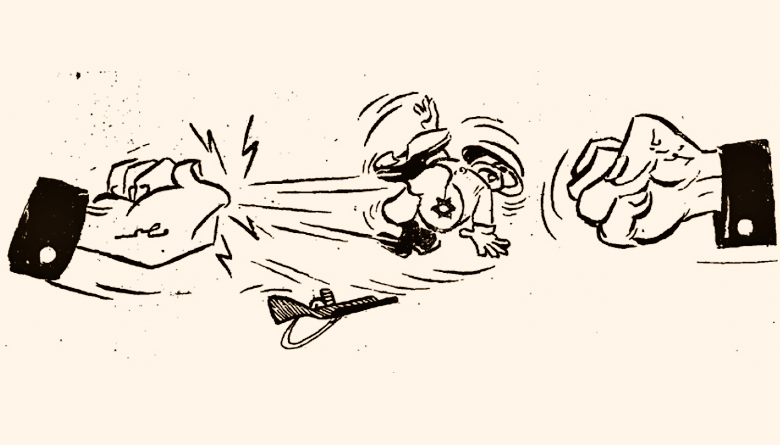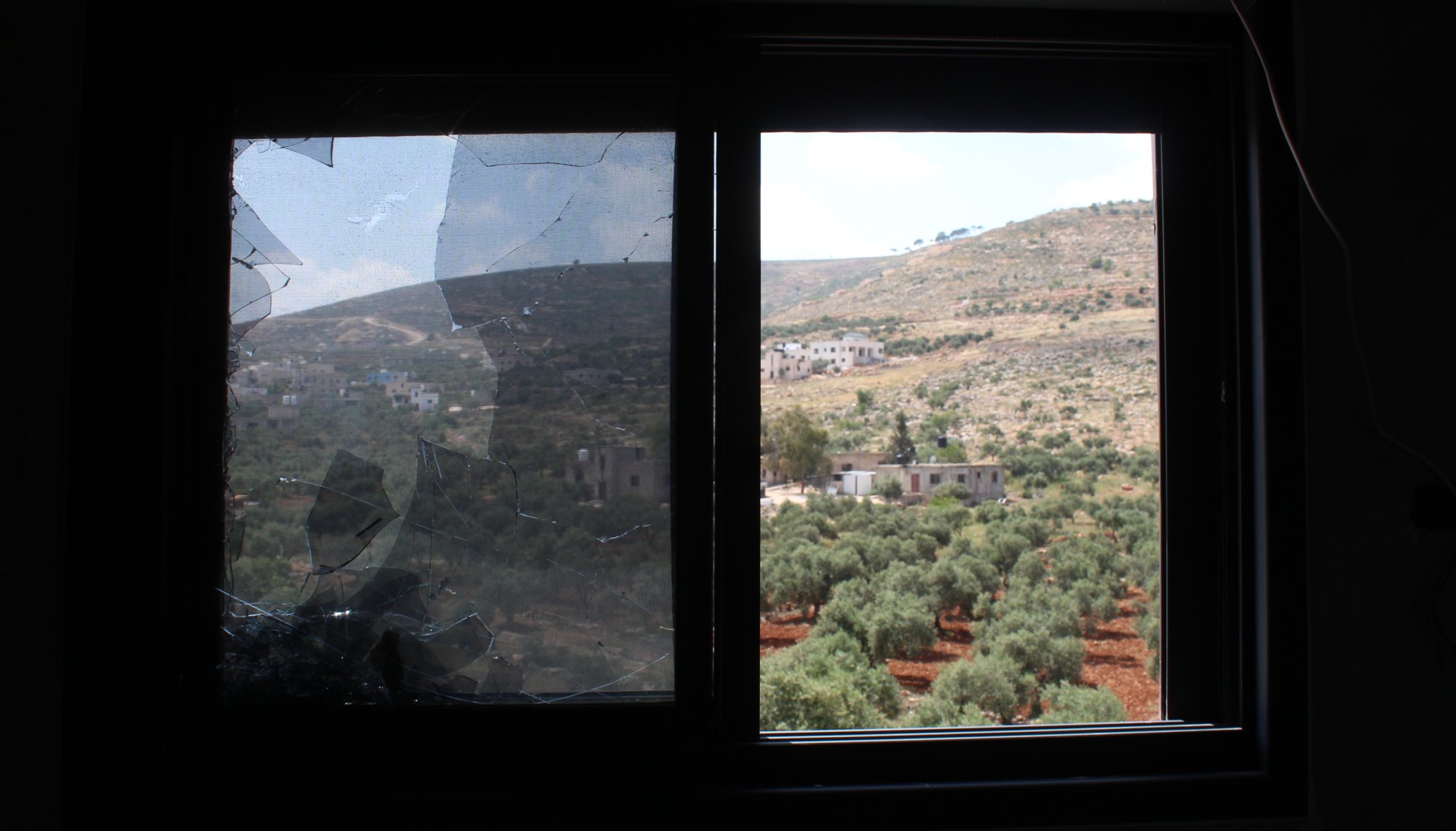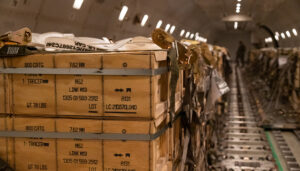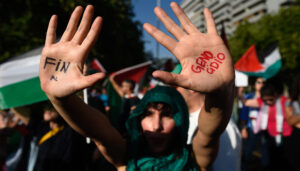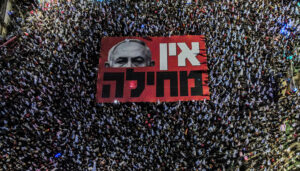By Mai Shams El-Din
(This article has been published in collaboration with Mada Masr).
As Egypt marked the 42nd anniversary of the October 6, 1973, war yesterday, we delved into the archives of Egyptian and Arab press during this turbulent time.
In the period before the war, media outlets employed the language and rhetoric of pan-Arabism, and were united in their rejection of the United States and its overt support of Israel. There was a strong focus on the words of then-President Anwar al-Sadat and Egyptian internal affairs.
Sadat and the “nation’s will”
In his speech before parliament and the Socialist Union on September 28, 1973, to mark the third anniversary of the death of President Gamal Abdel Nasser, Sadat promised the release of all detainees, including youth, journalists and students who had been implicated in politically-motivated cases.
The weekly Jordanian Al-Sahafy (The Journalist) newspaper described Sadat’s decision to release political prisoners as “wise,” referring to a decision by the late Jordanian King Hussein to also release prisoners. The newspaper hailed these moves as “an attempt to support the internal fronts of both countries and [as] unifying efforts to serve common Arab causes.”
The Jerusalem-based Al-Shaab newspaper described the speech as an “important political speech” that had been long awaited. Al-Anbaa, also based in Jerusalem, focused on Sadat’s internal politics in its October 30 issue, including highlighting his meetings with students at Ain Shams and Al-Azhar universities, as well as with Arab politicians and thinkers.
Al-Ahram’s main headline on October 29 read, “A Nation’s will,” a quote from Sadat, who said, “Liberating the occupied lands is the first and main task ahead of us, because it is the will of our people and our nation, and God’s will for truth, justice and peace”. He reiterated that the occupied lands are “not the subject of discussion or bargaining with the US or anyone else.” The state-owned newspaper covered the speech on four pages, praising Nasser and referring to Sadat’s promises to “continue the struggle that Nasser started.”
The Lebanese Al-Anwar newspaper highlighted part of Sadat’s speech, in which he said the US was “looking at the Middle East through a Zionist lens.”
The Jordanian Al-Ray (The Opinion) newspaper on the same day emphasized Sadat’s promises to end the political dispute with Jordan “for effective Arab cooperation.”
No reconciliation with Israel
Egyptian and Arab media strongly rejected the Israeli occupation of Palestine, focusing on the liberation of Palestinian land and calling on Gulf nations to use the “weapon of oil” to pressure the US and Israel.
Newspapers focused on an attack by Palestinian fighters on a train carrying Soviet Jewish immigrants from Austria to Palestine. Al-Ahram described it in its September 28 edition as, “a successful hit on the movement of Soviet Jews to Israel.” Al-Ahram also celebrated a decision by the Austrian government to close centers for Jewish immigrants.
 Al-Ahram
Al-AhramThe Palestinian Al-Shaab newspaper explained that Austria had “stopped the flow of Israeli immigration,” prompting “violent reactions” inside Israel. Jordanian newspaper Al-Sabah (The Morning) reported in its September 30 issue that Israel “lost its temper” following the attack.
On September 30, Al-Ray quoted the then-Prime Minister of Jordan, Zaid al-Refaay, saying that the possibility of a peaceful resolution with Israel was impossible, as Jordan would not give Israel any concessions.
 Al-Ray
Al-RayThe Palestinian Al-Etehad newspaper referred to an international movement for peaceful resolution in the Middle East, while Arab countries “insist on the full Israeli withdrawal from the occupied lands and granting the rights of the Palestinian people.”
Al-Sabah referred, in its September 30 issue, to a plan by Israel to impose economic control over the occupied Arab territories, especially the Gaza Strip and the West Bank, with 800 million Liras allocated to establishing industrial complexes in four years.
Al-Shaab newspaper’s September 27 headline read, “The region is awaiting dangerous events,” referring to an alleged plot by Israel to target all progressive Arab entities that “reject submission,” especially Palestinian movements.
The Gulf and “the weapon of oil”
A major theme that was strongly covered in the Arab press related to the role of Gulf states in the war, especially if Saudi Arabia utilized oil as a “weapon” to pressure the US and Israel.
In its main headline on September 26, Al-Sabah said Arab states should launch “a complete economic war against America” by withdrawing funds from US banks and halting oil exports.
 Al-Sabah
Al-SabahOn September 27, Al-Sabah said the Saudi King would never accept a plan for reconciliation without the approval of other Arab “confrontation states,” particularly Egypt, Syria and Palestine.
The Kuwaiti Al-Ray Al-Am (The Public Opinion) newspaper reported on September 29 that the Kuwait Endowments Authority would purchase all land for sale in Jerusalem in order to “stop the flow of Arab lands to the Jews.”
In its September 25 issue, the same newspaper referred to reports published by the Guardian and the Economist on Arabian oil and the possibility of using it as a weapon against the US and Israel. “The energy crisis shifted the balance of power from the consumer to the producer,” the newspaper asserted, referring to the West’s increasing reliance on oil.
Al-Ray Al-Am maintained Saudi Arabia was the only nation that could use oil in this way, speculating as to how they might do so.
As the war began
On October 7, the interest of Arab media in Egyptian affairs deepened, as news broke of Egyptian forces crossing the Suez Canal.
“The War Broke Out,” wrote the Jordanian Al-Ray newspaper. As well as referring to the “liberation” of the eastern bank of the Suez Canal, the newspaper also mentioned that Syrian forces had advanced on some of the occupied lands and managed to liberate them.
 Al-Ray
Al-RayIn a sub heading, the newspaper referred to the Israeli Defense Minister Moshe Dayan “confessing” to huge losses among his troops.
On the side of the front page, Al-Ray’s official editorial section, “our opinion,” asserted that “ongoing military operations are just one of the results of the June 1967 offensive. We hope that international consciousness might do something to bring mindfulness to the Israeli military.”
Al-Sabah led with the headline, “Egypt liberated the Suez Canal,” as the “fire of war between Arabs and Israel is ignited again.”
“Power: This is what Israel wanted from its unjust offensive. But now it is about our faith, after we exhausted all efforts to convince the world of our just cause. Maybe this is the solution in the end, which is better. Our love for peace ends when the limits of dignity, sovereignty and the right to life [are transgressed],” the newspaper read.
 Al-Sabah
Al-SabahIn the days following the outbreak of war, the front pages of many newspapers across the region were reserved for official statements from the Egyptian and Syrian armies.
Many predicted a huge win. A cartoon in Al-Sabah showed two fists, Egypt and Syria, with an Israeli soldier stuck in the middle with the caption, “Awaiting the knockout.”

